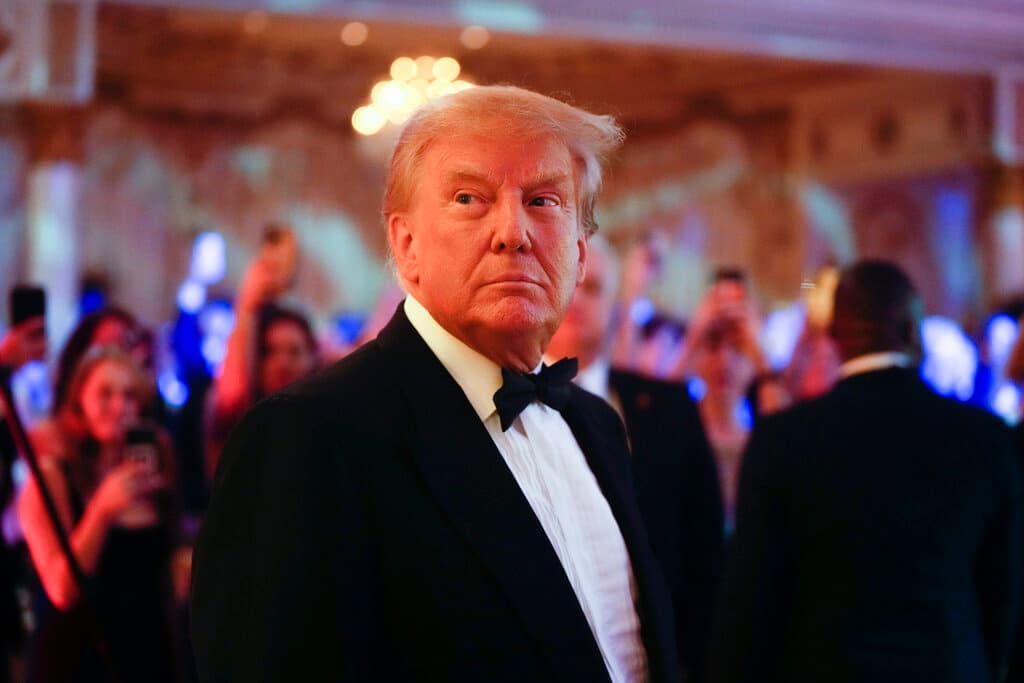Preview of a Possible Trial of Trump Is Unsealed in Georgia
A special grand jury found no fraud, but possible perjury.

The release of a special grand jury report — or parts of it — out of Georgia brings into focus a criminal probe that now threatens not only President Trump with criminal election interference, but other high-ranking Republicans with perjury.
That possibility emerged as a Fulton County grand jury of 26 persons — which cannot hand up indictments, only furnish recommendations — found by a “unanimous vote that no widespread fraud took place in the Georgia 2020 presidential election that could result in overturning that election.”
A Fulton County superior court judge, Rober McBurney, chose to redact the report heavily as a means to protect the due-process rights of the individuals named within it. The grand jury notes that it “set forth for the Court our recommendations on indictments and relevant statutes.”
That finding suggests that the investigation into election interference led by District Attorney Fani Willis is building a case that the Trump campaign’s efforts to change the outcome of the vote in the Peach Tree State lacked a plausible basis in fact despite hearing from “persons still claiming that such fraud took place.”
At the center of that case is a phone call from Mr. Trump to the Georgia secretary of state, Brad Raffensperger, during which the president said, “I just want to find 11,780 votes, which is one more than we have.” Senator Graham, Governor Kemp, and a raft of veterans of Mr. Trump’s campaign were interviewed before the grand jury.
While the portions of the report that were released Thursday do not reference indictments for electoral interference, they do disclose that a “majority of the Grand Jury believes that perjury may have been committed by one or more witnesses testifying before it.”
While Mr. Trump did not testify before the grand jury, Messrs. Kemp and Graham and more than 70 other witnesses could conceivably be included in that group. Mr. Graham testified only after a failed effort to block the grand jury subpoena on the basis of the Constitution’s speech or debate clause.
That provision has of late been invoked by Vice President Pence in connection with another investigation into Mr. Trump, this one into his activities on January 6, 2021. Mr. Pence argues that his actions on that day were carried out under the auspices of his role as president of the Senate.
The decision to charge now rests with Ms. Willis, who last month told Judge McBurney that charging decisions from her office are “imminent.” He has called the case “somewhat extraordinary,” and has thus far resisted releasing the full report.

